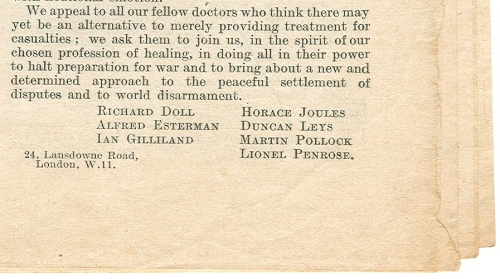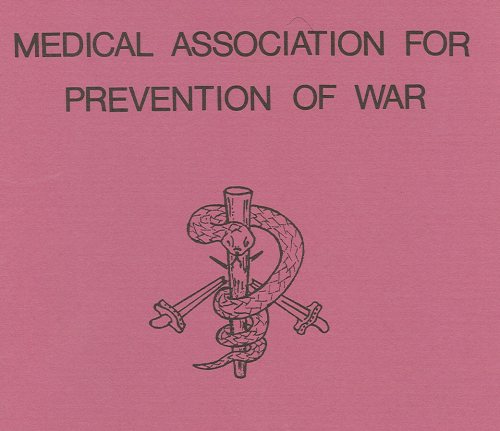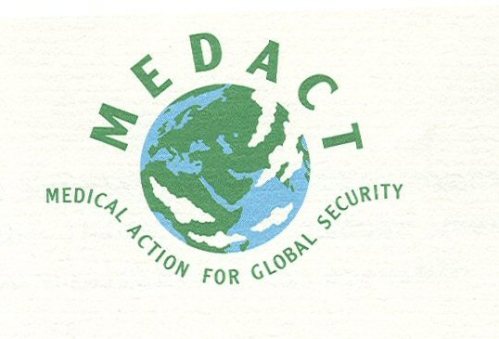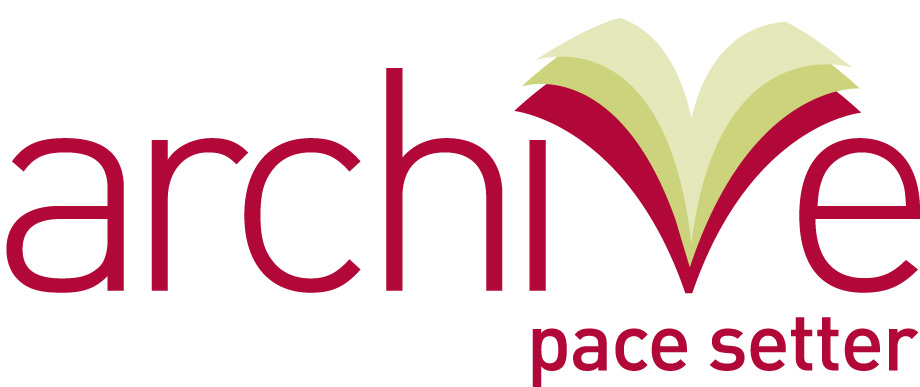On 20 January 1951, at the height of the Korean War, seven distinguished doctors published a letter in the Lancet expressing concern about the arms race, the impact of arms spending on healthcare (“each pound spent on bombs means … more dead babies now”) and the apathetic drift towards another world war.
The signatories (Richard Doll, Alfred Esterman, Ian Gilliland, Horace Joules, Duncan Leys, Lionel Penrose, and Martin Pollock) argued that doctors could use their unique expertise and authority to work towards disarmament:
“We appeal to all our fellow doctors who think there may yet be an alternative to merely providing treatment for casualties ; we ask them to join us, in the spirit of our chosen profession of healing, in doing all in their power to halt preparation for war …”
The letter provoked many responses, to the Lancet and privately. Not all agreed with its perspective. Doll et al. summed up and tried to refute those arguments in a further letter in February.
Some respondents had argued that war and peace were political matters which should not be discussed in a medical journal. The seven profoundly disagreed: “Doctors have a social responsibility as well as a personal one to their patients ; they have an ethical tradition and an international allegiance. War is a symptom of mental ill health. Its results include wounds and disease. Doctors are therefore properly concerned in preventing it”.
The February letter called for a forum to discuss how doctors could put these ideas into action. The resulting event, held in London on 16 March and chaired by Dr Joules, was attended by 130 doctors and led to the founding of the Medical Association for the Prevention of War (MAPW).
Over its forty year lifespan, MAPW brought the expertise and authority of doctors and, later, other medical professionals to many issues via its publications, conferences and advocacy: nuclear weapons, chemical and biological warfare, radiation, terrorism, the medical needs of developing countries, even expressing concern about the bellicose lyrics of national anthems. It was explicitly politically independent, though accused of being a communist front and proscribed by the Labour Party during the 1950s.
In 1992, MAPW merged with the Medical Campaign Against Nuclear Weapons (MCANW), which had been founded in 1980. A merger had been discussed since the mid-1980s but, as Dr Alex Poteliakhoff observed in a position paper in 1990 “the changing international and global scene, namely the collapse of the cold war, hesitant moves towards nuclear disarmament” and increased public concern about environment and quality of life meant both organisations needed to rethink their missions to survive and be useful.
Given their long-term collaboration on joint conferences and projects such as the Medical Educational Trust (not to mention shared office and fax machine!), a merger made sense. The result was Medact, which continues to bring together health professionals working for a “fairer, better and safer world”.
I decided to write about medical campaigners this week as I recently learned that the Wellcome Library plan to catalogue the substantial and hitherto inaccessible MCANW and Medact archives they hold. I look forward to working with the Wellcome to promote the distinctive archives of medical professional campaigns to researchers in many disciplines.
Sources: quotations and images from MAPW Archive (references H2, M3, M10. Note that we are about to release a new edition of the Archive catalogue). I am indebted also to Physicians and the Peace Movement, by Nick Lewer (Cass, 1992) and many published and unpublished articles in the Archive concerning the history of the association.
Postscript (18 December 2013): the catalogue of this Archive is now online as part of our Quick Wins programme. Find it on the MAPW webpage in PDF and Word format.





